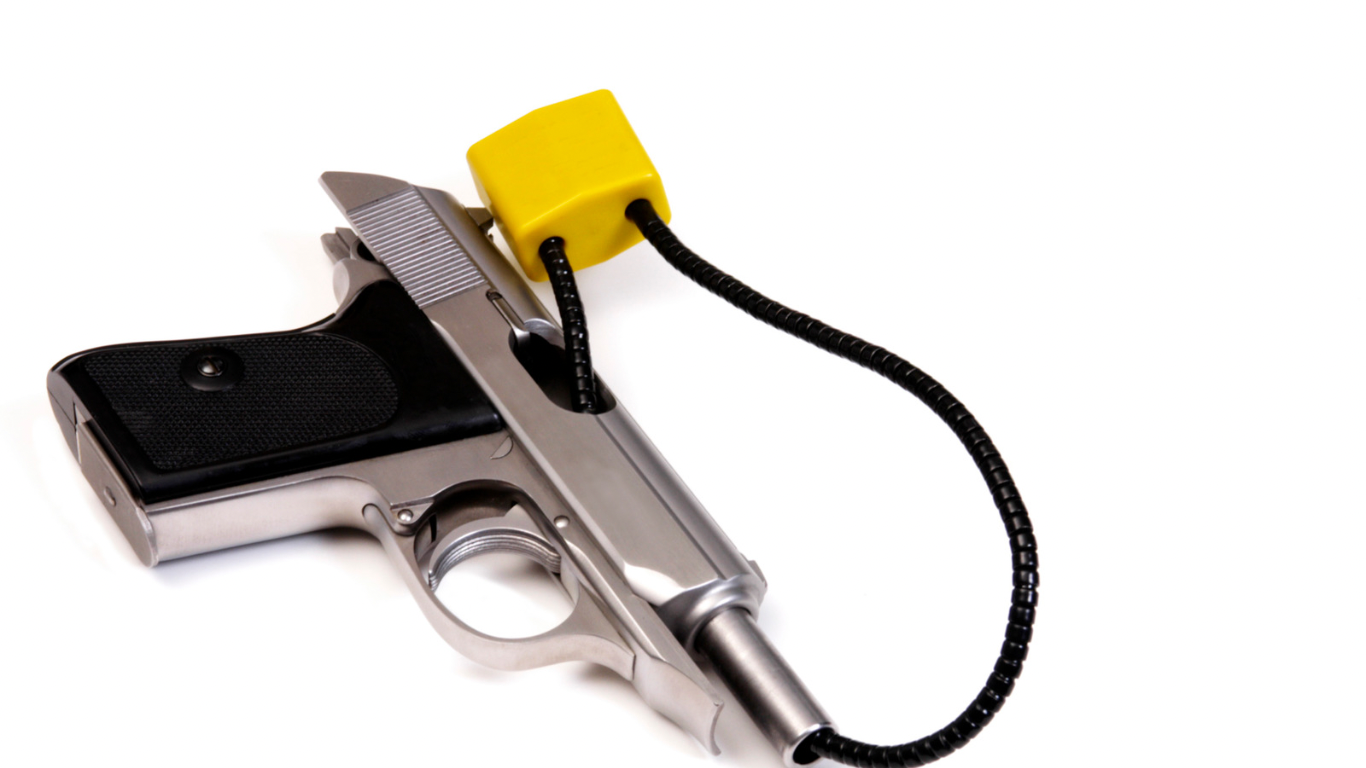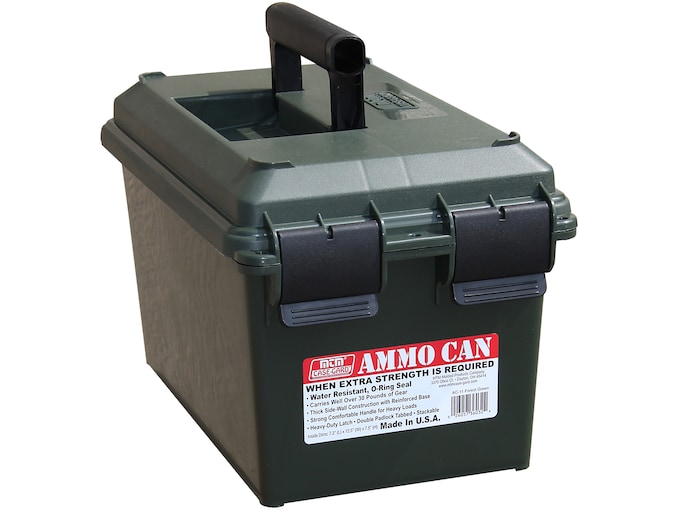The Second Amendment of the United States’ Constitution grants US citizens the right to bear arms. This means that any American who wants to own a firearm can legally do so, subject to certain restrictions and limitations. Private vessels, such as boats and yachts, fall under the same category as private homes when it comes to firearms possession, and as such, the owners of these vessels are allowed to carry concealed weapons on board.
However, many people do not know what the law actually says when it comes to carrying guns aboard private vessels. In this blog post, we will explore the topic in detail, examining the laws and regulations that apply, and answering some of your most pressing questions.
Learn State Laws
To begin with, it is important to understand that every state may have its own firearms laws and regulations, which may differ from the federal laws that apply in America. As a result, the laws governing the possession of guns on private vessels may vary depending on the state in which the vessel is operating. Therefore, it is essential for boaters to be aware of the rules that apply in their specific state and abide by them.
Federal Laws
Federal law allows the possession of firearms onboard private vessels that are navigating US waters. This means that if a boater legally possesses a firearm under state law, they can carry it aboard a private vessel, as long as it is not in violation of federal law. Further, the weapons must be stored safely and away from children.
Firearm Limitations
It is worth noting that there are certain limitations on firearms that can be possessed aboard private vessels. For example, shotguns and rifles must have a barrel length of 18 inches or longer, and the overall length of the firearm must be at least 26 inches. Additionally, the boater is required to have a permit or license to carry the firearms and authorities have the right to board your vessel and check your firearms if warranted.
Vessel Flag State
Aside from these restrictions, there are some other things to consider when carrying firearms aboard private vessels. For example, it is important to be aware of the vessel’s flag state, as it may have additional firearms regulations that must be followed. Additionally, the vessel operator should make sure that the vessel’s insurance is sufficient to cover damages or injuries that may result from a firearm incident. Finally, boaters should always be mindful of the navigation regulations surrounding firearms aboard vessels.
Conclusion
In summary, owning and carrying firearms on private vessels is within your rights as an American citizen, but you must do so responsibly by keeping the law in mind. Be aware of your specific state’s gun laws, follow proper storage procedures, and adhere to all applicable rules and regulations. If you are ever unsure or have any questions about carrying firearms aboard private vessels, consult with an attorney or boating expert. With this information in mind, you can confidently enjoy boating and protect yourself and your passengers with the added layer of security that firearms can provide.






